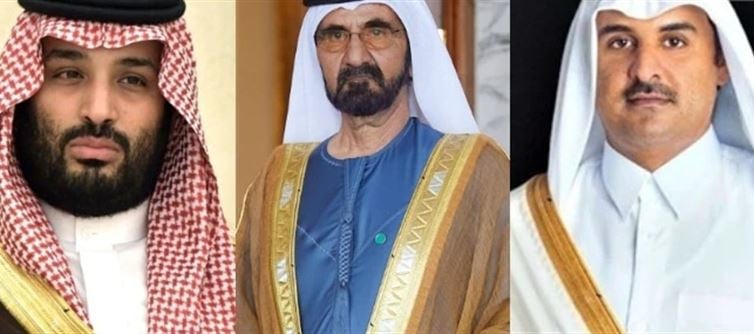
The Arab world was shaken when Trump’s Syrian envoy, tom Barrack, claimed, “There’s no place called the Middle east — it’s just a gathering of tribes and villages.”
At first glance, it sounds provocative. But dig deeper, and Barrack’s statement exposes a century-old geopolitical truth: the region’s modern nation-states were drawn artificially by european powers after the fall of the Ottoman Empire, leaving behind borders that ignore ethnic, tribal, and religious realities.
In an era where the trump administration is pushing for peace agreements and regional alliances, this remark is both a harsh reality check and an insult to Arab leaders.
1. Sykes-Picot Pact: The Birth of Artificial States
In 1916, britain and france secretly divided the Ottoman Empire, ignoring centuries of tribal and ethnic dynamics. Straight lines on a map created nations without considering people’s history or identity.
2. Ethnic Communities Split Across Borders
The Kurdish population was divided among Iraq, Iran, Syria, and Turkey. Other groups were similarly scattered, creating long-term instability, rebellion, and conflict.
3. Tribal and village Loyalties trump Nationalism
Barrack argues that in this region, loyalty starts at the individual and family level, then the tribe, religion, and only lastly the nation. European-style nationalism rarely works in this context.
4. Arab Leaders vs. Geopolitical Reality
Local rulers compounded the problem by suppressing ethnic diversity to maintain power. Barrack’s statement is a blunt reminder that leadership often prioritizes control over unity.
5. Artificial Boundaries = Powder Keg
Decades of wars, civil unrest, and political instability stem from arbitrary borders and neglected cultural realities. Barrack’s blunt phrasing highlights this historic mistake.
6. Timing Is Explosive
His comments coincide with US efforts to advance the Abraham Accords and unify Arab nations with Israel. Questioning the very concept of the “Middle East” challenges centuries of diplomacy and national pride.
7. Truth or Insult?
While scholars agree with Barrack’s assessment of artificial states, Arab leaders perceive it as an outright insult to their sovereignty and political legitimacy. It is a delicate balance between historical truth and diplomatic tact.
8. Lesson for the Region
Artificial maps cannot create authentic nationhood. Understanding the ethnic, tribal, and religious fabric is crucial for sustainable peace — a reality that global powers and local leaders must finally acknowledge.
👉 tom Barrack’s statement is more than a geopolitical comment — it is a wake-up call for the Arab world. The “Middle East” as a concept may exist on maps, but its people, tribes, and histories defy simplistic labels, and ignoring them has fueled a century of conflict.




 click and follow Indiaherald WhatsApp channel
click and follow Indiaherald WhatsApp channel